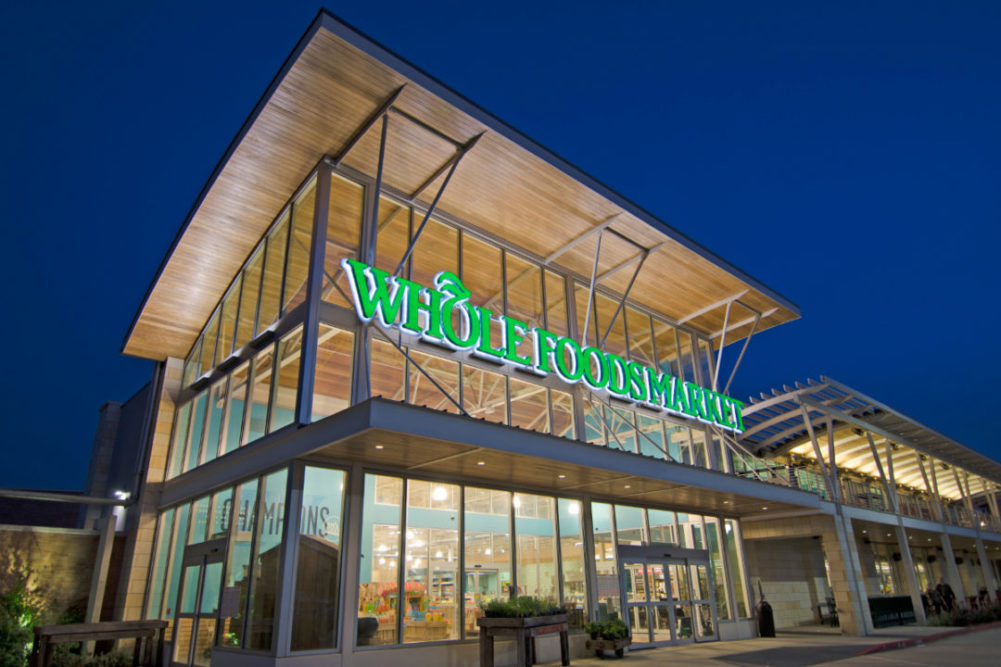AUSTIN, TEXAS — Whole Foods Market, a subsidiary of Amazon Inc., is launching the Local and Emerging Accelerator Program, offering mentorship, education and shelf space to small and emerging brands. Participating businesses may also receive financial support. Its first cohort will include 10 local producers, said Will Betts, vice president of local merchandising at Whole Foods Market.
“Since we opened our first store, we have been on the lookout for small, local and emerging producers with products that our customers will love,” Betts said. “Over the years, we’ve helped many of these producers find their footing and grow their businesses, and we are thrilled to formalize this assistance with our Local and Emerging Acceleration Program.”
The program will include a 10-week curriculum, a yearlong mentorship with a Whole Foods Market local forager, and access to additional supplier benefits to support growth. All products must meet the company’s quality standards and product safety requirements in order to be sold in Whole Foods Market stores. Participants may receive a $25,000 equity investment from a donor-advised fund managed by the Austin Community Foundation, with proceeds benefiting Whole Foods Market foundations.
Brands may submit an application at https://supplier.wholefoodsmarket.com/potential-suppliers by April 8. Selected cohort members will be announced in late summer.
Last year, Whole Foods Market added 500 new local brands and 6,500 new local items to its shelves. The company’s Local Producer Loan Program lends money to small-scale, local or emerging producers in the United States and Canada, planting the seeds for national expansion. One success story is Vital Farms, a producer of ethically sourced egg and butter products.
“The team at Whole Foods Market has been so much more than a customer; they’ve been a partner in our mission to bring ethical food to the table for 15 years,” said Matt O’Hayer, founder and executive chairman of Vital Farms. “In fact, when I founded Vital Farms in 2007, I was inspired by Whole Foods’ practice of Conscious Capitalism, a stakeholder-driven business model that we’ve practiced from then until today. In our earlier days, I wanted to bring high-quality pasture-raised eggs to households across the country but needed a scalable channel beyond local farmers markets. Whole Foods Market was our first national customer. They shared our commitment to ethical food production and played an important role in growing our brand to what it is today.”


